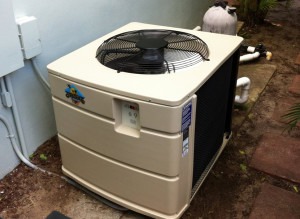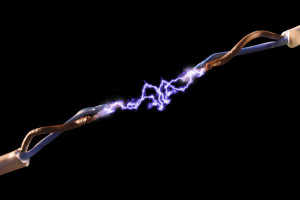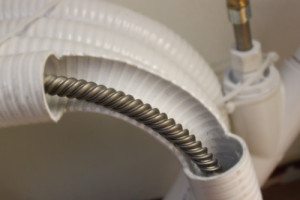A pool heat pump provides affordable, reliable heating for your backyard swimming pool. But facts are, it’s still an investment. A wise one, but one certainly worth considering beforehand. Because nearly all prospective heat pump owners have one question lingering in the back of their minds:
How long does a pool heat pump last? | What’s the average pool heat pump lifespan?
It’s an important question to ask, especially since your heater plays such a significant role in your pool system. You need it to be worth the money you spend on it, right? Of course, you do. Which is why you’ll be happy to know that a long lifespan is easily attainable with pool heat pumps.
On that note, a quality heat pump will typically last 10-20 years before it needs any major repairs. Granted, that’s not to say that there aren’t exceptions. Pool heat pump lifespan is affected by a few factors — most of them relating to maintenance.
Maintaining the pool heat pump | Perserving pool heat pump lifespan


 Proper routine maintenance is your go-to rule of thumb, and it’s the best way to secure and extend your pool heat pump’s lifespan. And there are plenty of steps you can take to keep your heat pump going strong.
Proper routine maintenance is your go-to rule of thumb, and it’s the best way to secure and extend your pool heat pump’s lifespan. And there are plenty of steps you can take to keep your heat pump going strong.
Keeping the unit clean is one of the easiest, yet highly essential habits you can form. It prevents the unit from getting clogged or dirty, which can cause extra strain on important components. So make an effort to remove any debris you see in, or around your heat pump — from leaves and twigs to newspapers and plastic. This ensures the most optimal airflow possible (better energy efficiency).
But don’t stop there. Just like your car, a pool heat pump should be regularly serviced by a professional. This is an essential step for maintaining consistent performance and evading major issues. We recommend that you regularly schedule an annual service call with a certified pool heat pump technician. They inspect everything from electrical connections to individual parts and components, making the necessary fixes for optimal performance.
Swimming pool chemical levels
Good pool chemical maintenance habits help preserve the life of your heat pump. But you’re probably wondering how your pool chemicals affect your heater.When the levels of pH and Total Alkalinity are too high, the chemicals can cause corrosion to some of the most vital internal components of the heat pump (including the heat exchanger). For best results, get into the habit of testing your water weekly and keeping your chemical levels in balance.
Well, when your pH and Total Alkalinity levels are too high, your water becomes corrosive. Over time, these damages important internal components of the heat pump (including the heat exchanger).
So to avoid that, make a habit of testing your water weekly and keeping your chemical levels in balance.
Power surges and outages


 A power surge can occur at random and can cause severe damage to your unit. Although it’s not a common issue, it’s one that does happen enough to be worth your concern.
A power surge can occur at random and can cause severe damage to your unit. Although it’s not a common issue, it’s one that does happen enough to be worth your concern.
Luckily, there’s a simple solution to this problem that offers the perfect line of defense. Power surge protectors hook up to your heat pump installation and act as a shield against power surges – taking the hit for your heat pump. A must have for safeguarding pool heat pump lifespan.
Of course, if you ever encounter serious electrical issues with your pool heat pump, avoid tampering and consult a professional electrician.
Types of heat exchanger


 There are two main types of heat exchangers used in nearly all commercial pool heat pumps.
There are two main types of heat exchangers used in nearly all commercial pool heat pumps.
There’s cupronickel, which while resilient and reliable, is highly susceptible to chemical corrosion. And then there’s titanium.
Titanium is recognized as the successor to cupronickel, providing equally as effective performance (if not more) while remaining nearly immune to corrosion. In most cases, a pool heat pump lasts significantly longer when equipped with a titanium heat exchanger. Because of this, titanium heat exchangers are the most common type of heat exchanger seen in modern pool heat pumps. You can learn more about heat exchangers here.
Bottom Line
At the end of the day, there are a number of factors that affect pool heat pump lifespan. Keeping your pool heat pump in the best condition possible not only serves to ensure a consistent level of performance, but also contributes to the preservation of the unit’s lifespan. Good maintenance habits and annual checkups go quite a long way.

